2016 Wall Street Reading List
A collection of the Wall Street Reading List's best business books published in 2016.
3,290 views
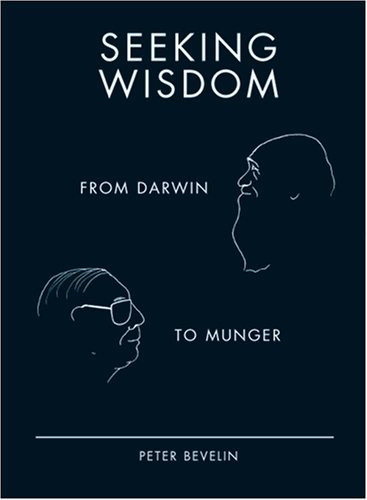
Seeking Wisdom
Thomas G. Macpherson
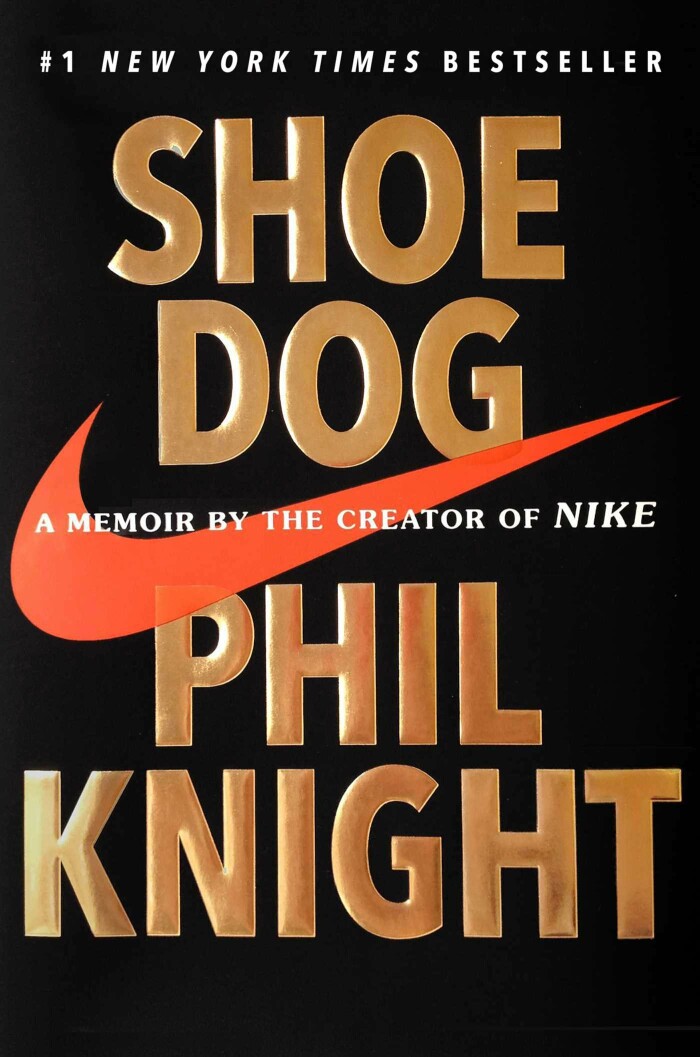
Shoe Dog
Phil Knight
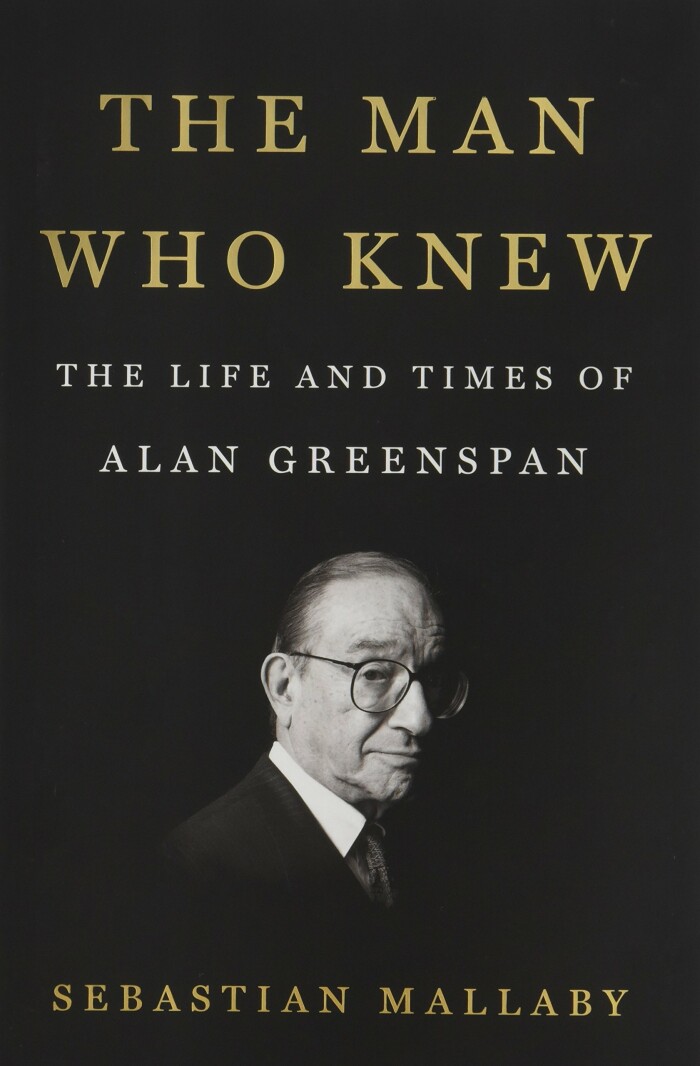
The Man Who Knew
Sebastian Mallaby
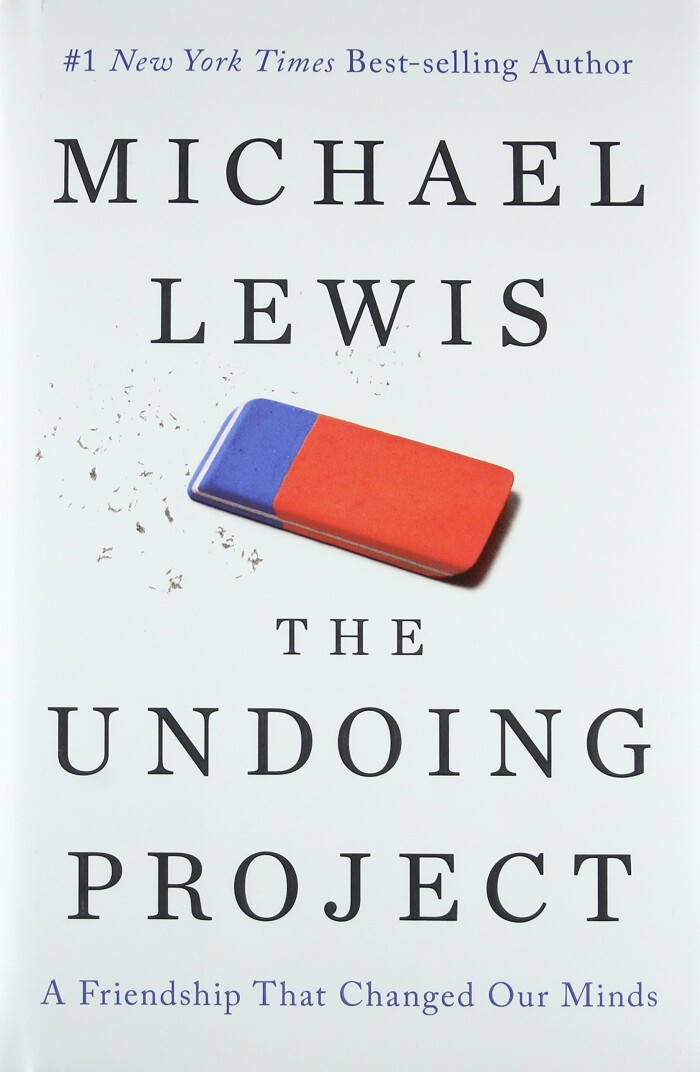
The Undoing Project
Michael Lewis

Hillbilly Elegy
J. D. Vance
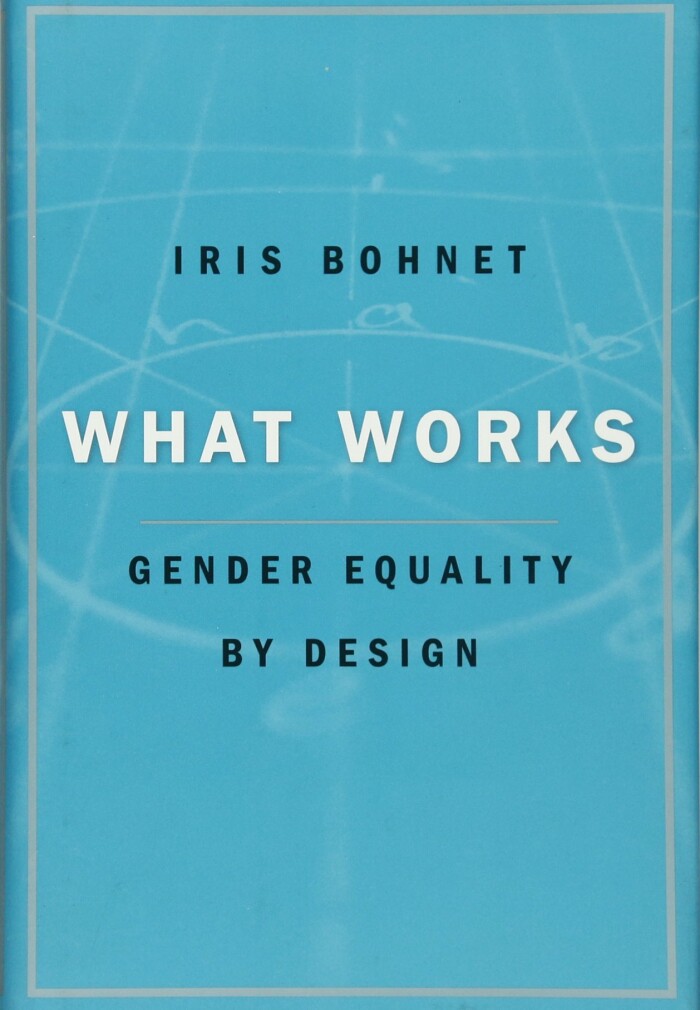
What Works
Iris Bohnet
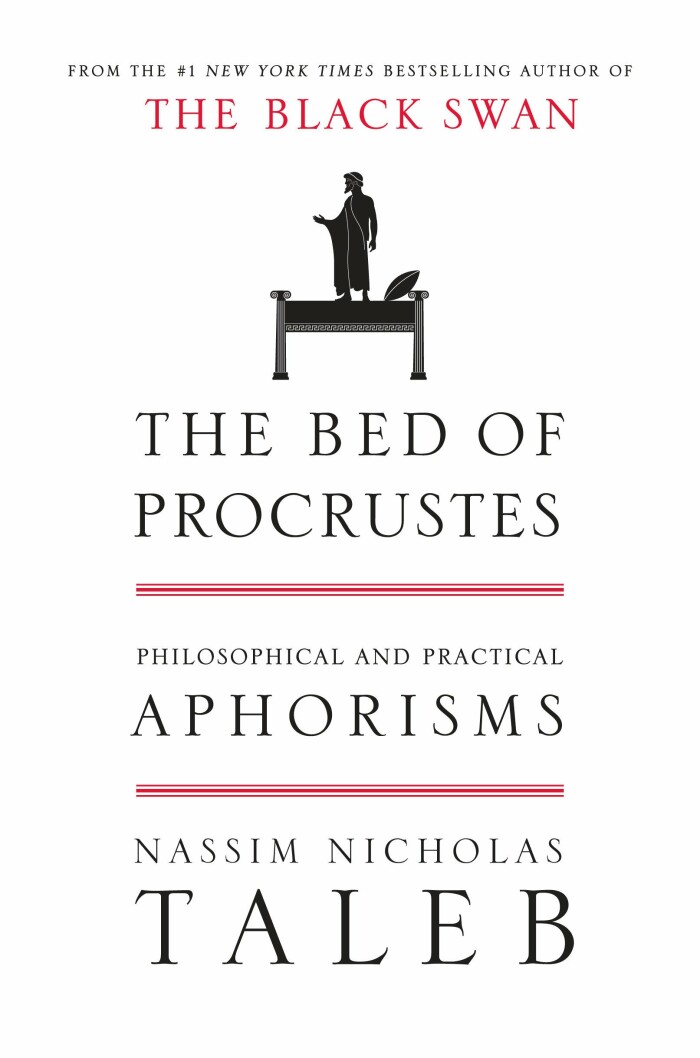
The Bed of Procrustes
Nassim Nicholas Taleb
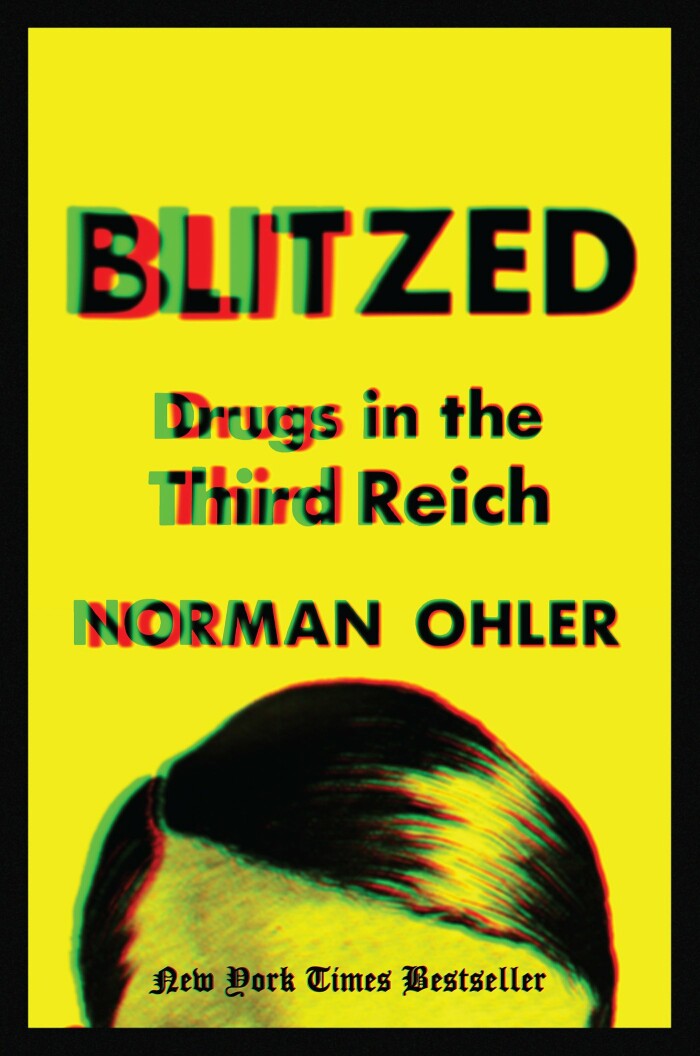
Blitzed
Norman Ohler
